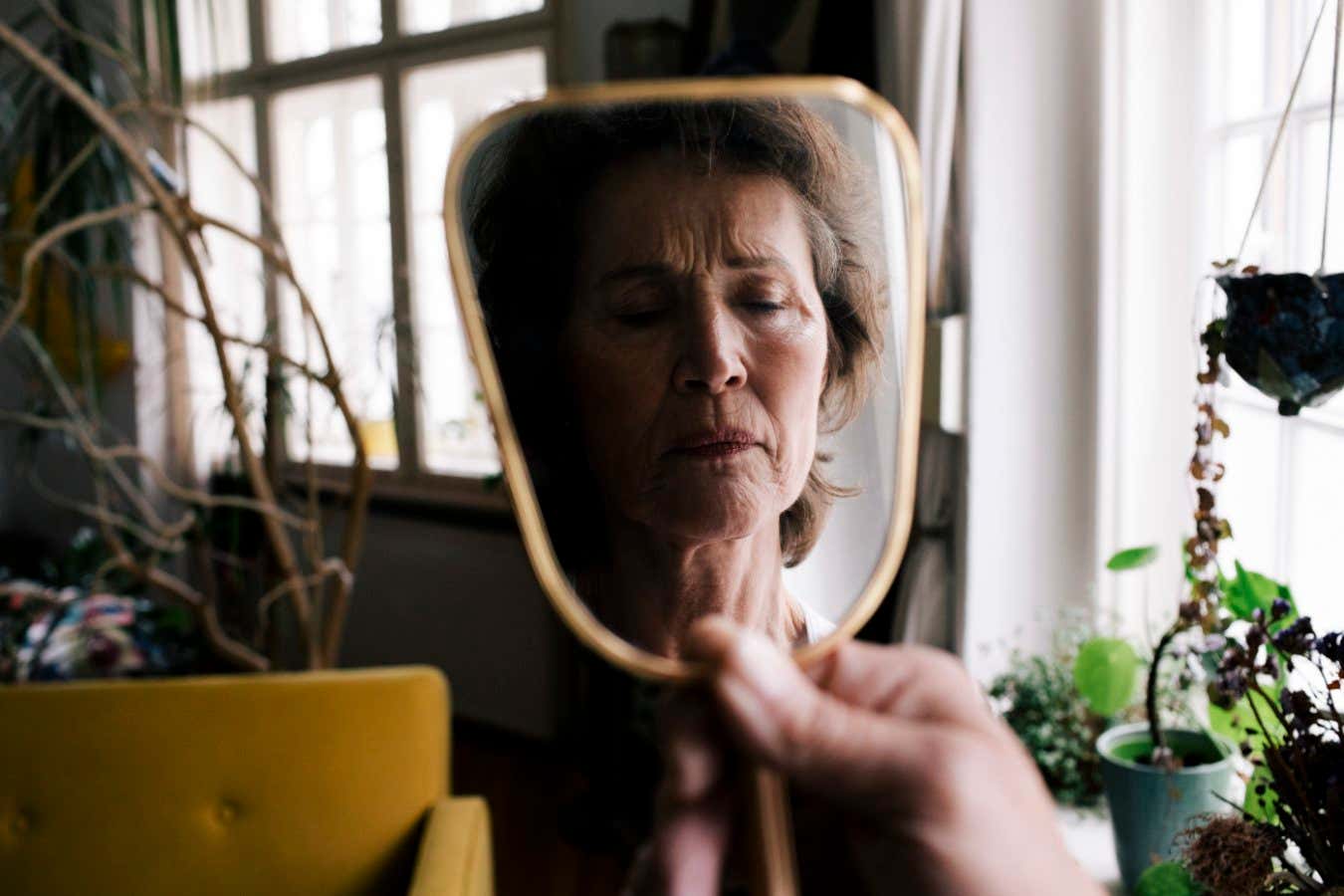Your biological age – a measure based on markers on your DNA, rather than your number of birthdays – can rise and fall in relation to stressful events
By Alice Klein
21 April 2023
Stress can have a number of biological effects
Maskot/Getty Images
We become biologically older when our bodies are under stress, but younger again when we recover, according to a study that analysed people’s DNA when they had emergency hip surgery, severe covid-19 or were pregnant.
“This recovery suggests we have the machinery to be able to rewind the clock back at least a little bit,” says James White at Duke University in North Carolina, who co-led the study with Vadim Gladyshev at Harvard University.
We normally measure age by the number of birthdays – so-called chronological age. But people can be biologically older or younger than their chronological age depending on factors such as whether they smoke or get enough sleep.
Advertisement
To measure biological age, researchers have developed “epigenetic clocks” that analyse patterns of markers on DNA called methyl groups that correlate with age.
White, Gladyshev and their colleagues used these clocks to assess the impact of three types of stressful event on biological age. In each case, they analysed DNA from blood samples that were collected at multiple points in time from participants in previous studies.
Read more:
The radical new theory that wrinkles actually cause ageing
